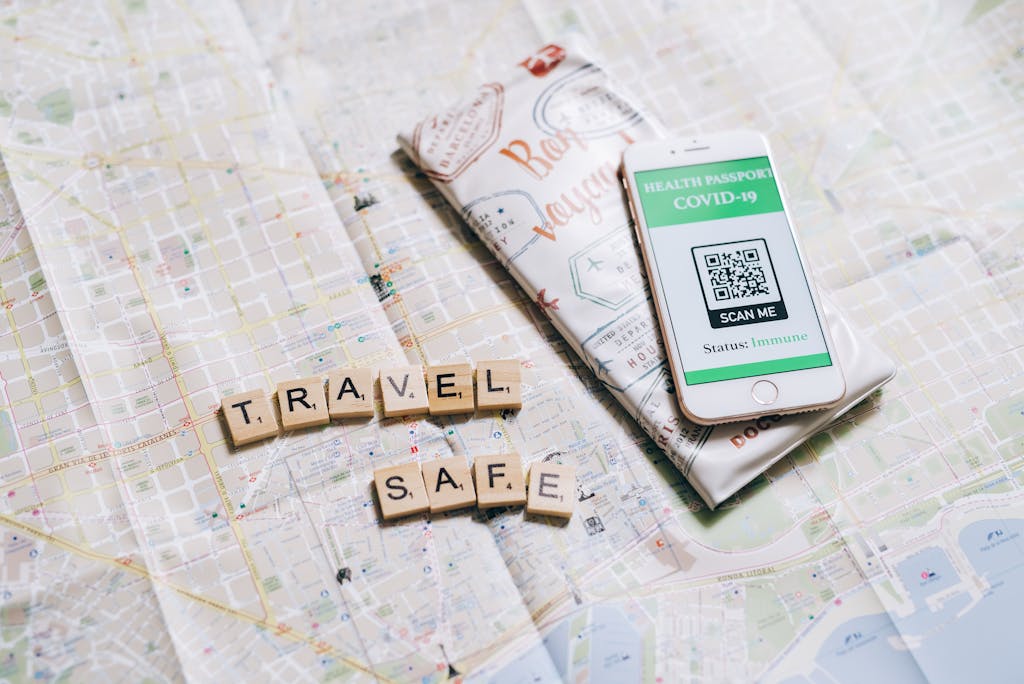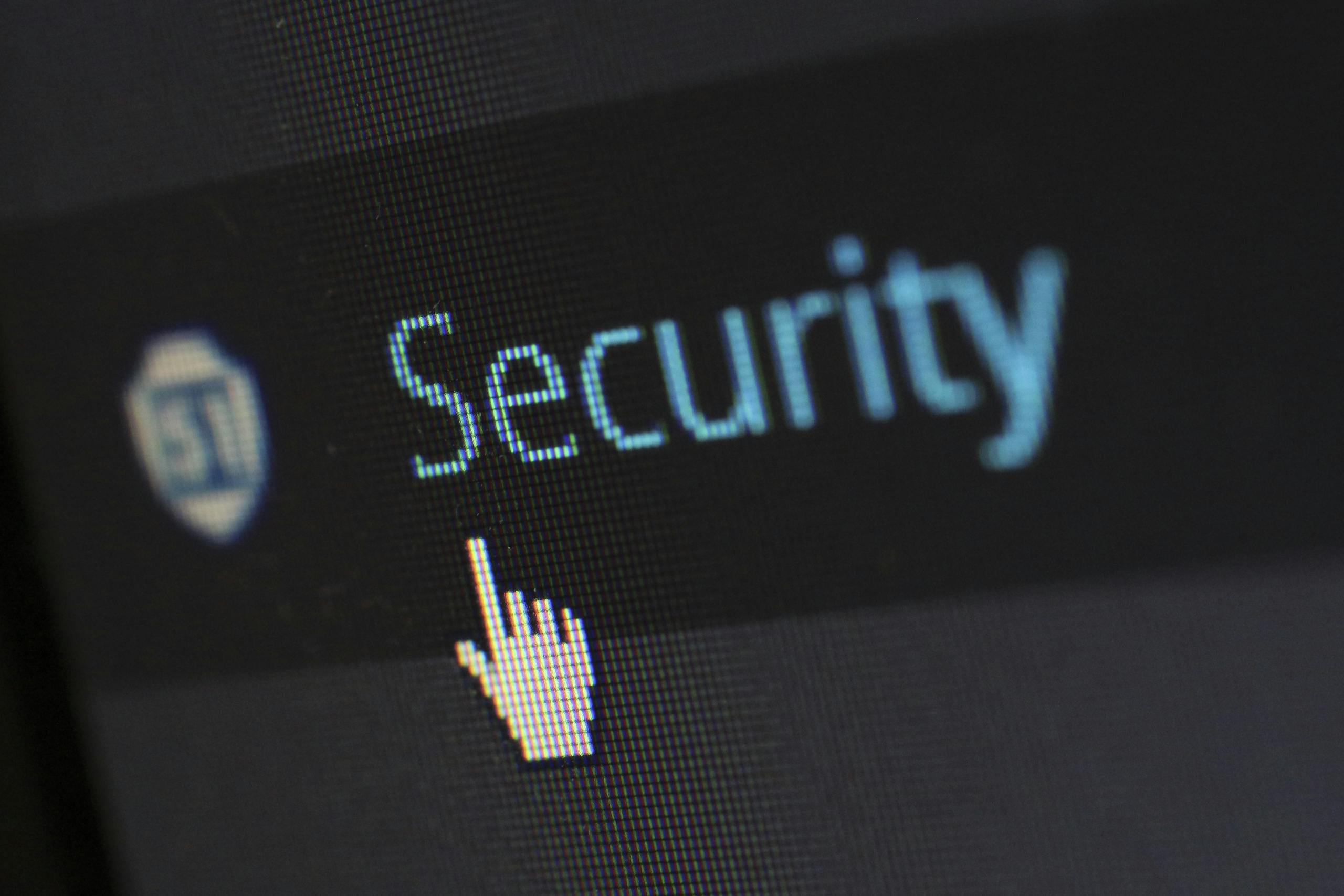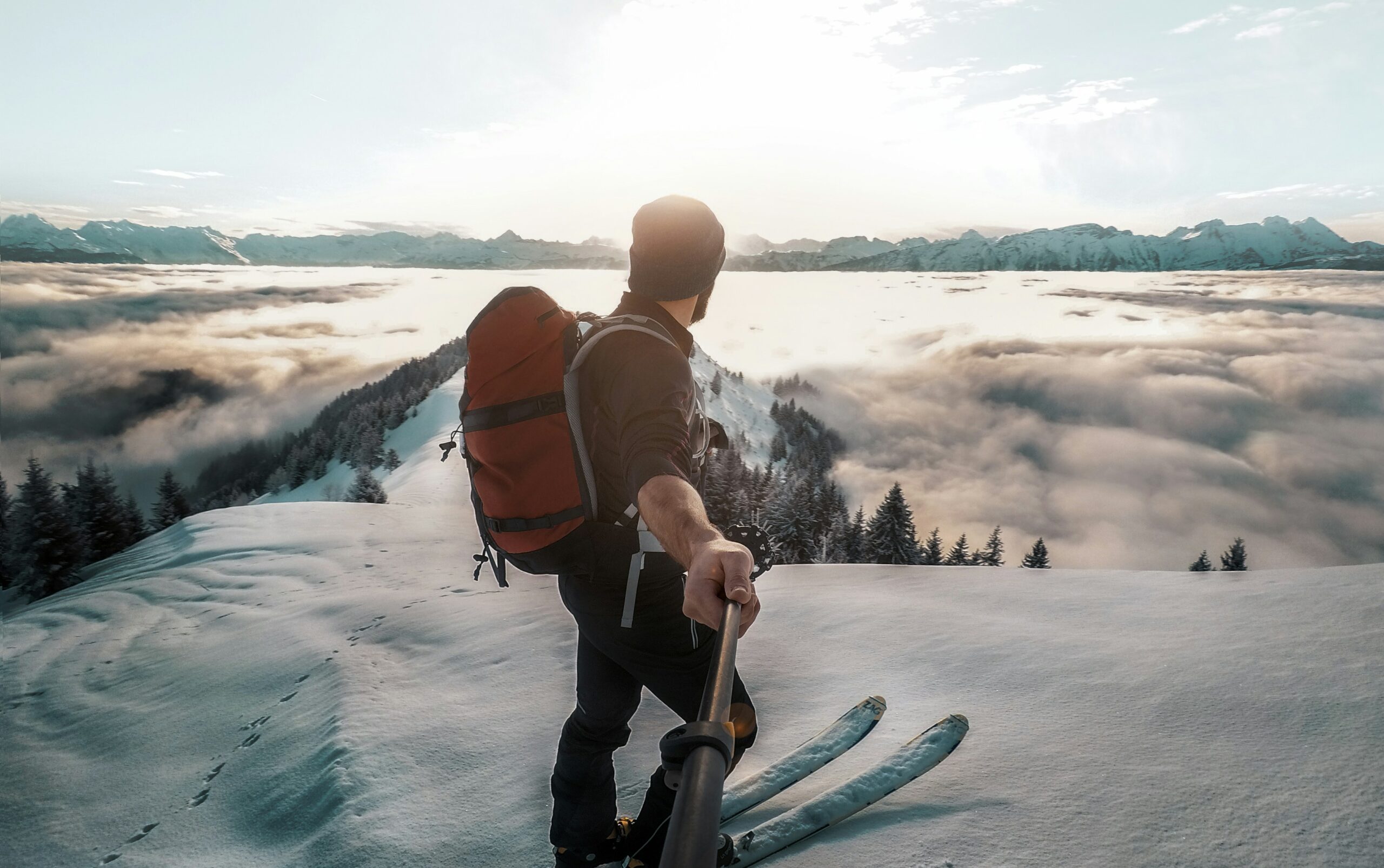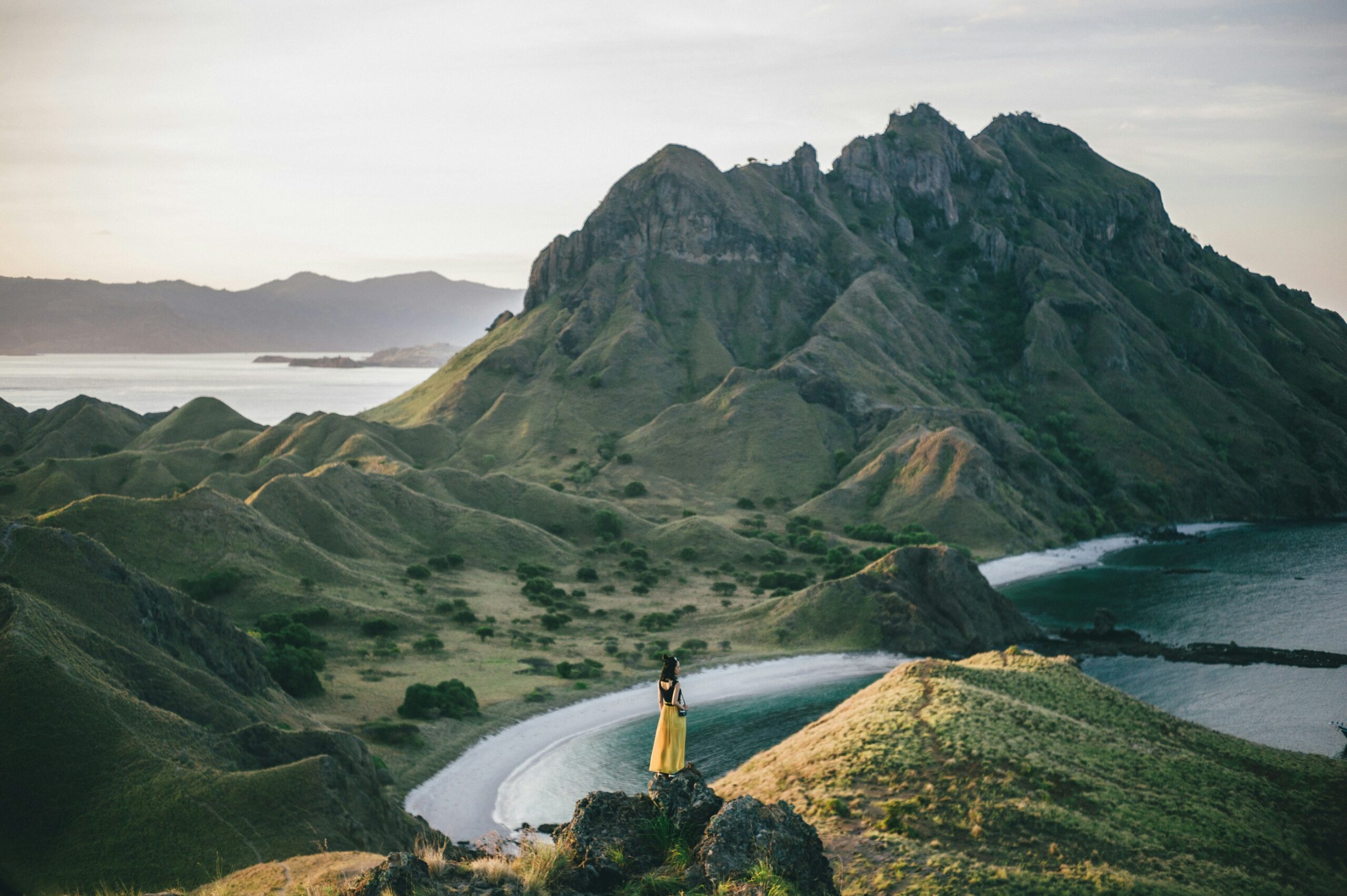Travel Safety Tips for Digital Nomads: How to Stay Secure on the Road
In an increasingly connected world, digital nomads are embracing the freedom to work from anywhere. While this lifestyle offers unparalleled flexibility, it also comes with its own set of challenges, particularly when it comes to personal safety and data security. Whether you’re hopping between co-working spaces in bustling cities or exploring remote beaches, staying secure on the road is paramount. In this guide, we’ll explore essential travel safety tips to help you navigate the globe confidently, protecting both yourself and your digital assets.
Understanding the Risks: Why Safety Should Be a Priority
Traveling the world as a digital nomad can be exhilarating, but it’s crucial to recognize the unique risks associated with this lifestyle. From physical dangers in unfamiliar environments to cyber threats that target remote workers, being prepared is key. Travel safety tips are not just about avoiding pickpockets; they encompass a broader strategy to safeguard your well-being and digital life.
As you traverse different countries, you may encounter varying levels of safety, infrastructure, and access to resources. This variability makes it essential to develop a comprehensive safety plan that covers everything from securing your devices to knowing what to do in an emergency. With the right precautions, you can enjoy your nomadic journey without unnecessary worry.
Moreover, as you settle into new locations, staying informed about local customs, laws, and potential hazards is vital. Whether you’re working from a café in Paris or a beach hut in Bali, these travel safety tips will help you maintain a secure and productive lifestyle on the road.
Protecting Your Personal Safety: Tips for Staying Safe Abroad
1. Research Your Destination
Before you set off for a new destination, thorough research is your first line of defense. Look up the country’s safety guidelines, political climate, and health advisories. Websites like Travel.State.Gov provide up-to-date information on travel advisories. Understanding the local culture, customs, and potential risks can help you avoid dangerous situations and make informed decisions.
2. Secure Your Accommodations
Choosing the right place to stay is critical. Opt for accommodations with good reviews, secure entrances, and a reputation for safety. Platforms like Airbnb and Booking.com often feature verified listings and guest reviews that highlight safety features. Once you’ve settled in, make sure to lock doors and windows, and familiarize yourself with emergency exits and local emergency numbers.
3. Be Aware of Your Surroundings
No matter where you are, situational awareness is key to personal safety. Avoid walking alone at night in unfamiliar areas and stay alert in crowded places where pickpocketing is common. Carry a whistle or personal alarm and consider taking self-defense classes before your journey. Trust your instincts—if something feels off, it probably is.
Digital Security: Safeguarding Your Devices and Data
4. Use Strong Passwords and Two-Factor Authentication
Your digital security begins with strong, unique passwords for all your accounts. Combine this with two-factor authentication (2FA) to add an extra layer of protection. Password managers like LastPass or 1Password can help you create and store complex passwords securely.
5. Connect to Secure Networks
Public Wi-Fi networks are convenient but can be a haven for hackers. Always use a VPN (Virtual Private Network) like NordVPN or ExpressVPN when connecting to public Wi-Fi. A VPN encrypts your internet traffic, protecting your data from prying eyes. If possible, avoid accessing sensitive information, such as online banking, over public networks.
6. Keep Your Devices Secure
Never leave your devices unattended in public places, even for a short period. Use cable locks for laptops and consider using tracking apps like Find My for Apple devices or Prey for Android and Windows. Regularly back up your data to cloud services like Google Drive or Dropbox to ensure that even if a device is lost or stolen, your information remains intact.

Health and Well-being: Staying Safe and Healthy on the Road
7. Get Travel Insurance
Investing in comprehensive travel insurance is one of the most important travel safety tips for digital nomads. Look for plans that cover medical emergencies, theft, and trip cancellations. Providers like World Nomads offer tailored plans for long-term travelers and digital nomads. Always read the fine print to ensure your policy covers all potential risks in your destinations.
More about Insurance information here: Digital Nomad Insurance: All You Need To Know
8. Stay Healthy and Informed
Health risks vary by region, so it’s crucial to stay informed about any necessary vaccinations or health precautions before traveling. Pack a basic first-aid kit and any essential medications. Familiarize yourself with local healthcare facilities and have a plan in place for medical emergencies. Regular exercise, a balanced diet, and staying hydrated are also important for maintaining your overall well-being on the road.
9. Secure Important Documents
Keep your passport, visa, and other important documents in a safe place. Consider using a travel wallet or a money belt to keep them secure while on the move. Additionally, make digital copies of these documents and store them securely online so you can access them if the originals are lost or stolen.
Financial Security: Managing Money Safely While Traveling
10. Use International-Friendly Banking Solutions
Managing finances as a digital nomad can be challenging, especially when dealing with multiple currencies. Use banking solutions that offer low or no foreign transaction fees, such as Revolut or Wise. Additionally, notify your bank of your travel plans to avoid having your card blocked due to suspicious activity.
11. Avoid Carrying Large Amounts of Cash
While it’s important to have some cash on hand, avoid carrying large amounts. Instead, use a combination of credit cards, debit cards, and mobile payment solutions like Apple Pay or Google Pay. When withdrawing money from ATMs, choose machines in well-lit, secure areas, ideally inside banks.
12. Monitor Your Accounts Regularly
Regularly checking your bank accounts and credit card statements for unauthorized transactions is crucial. Set up alerts for large or unusual transactions to catch any potential issues early. If your card is lost or stolen, report it immediately to minimize any damage.
Staying Socially Connected While Being Safe
13. Join Local Digital Nomad Communities
Connecting with other digital nomads in your destination can enhance your travel experience and provide additional safety. Platforms like Nomad List and Meetup can help you find local communities and events. These networks are not only great for making friends but also for sharing tips and staying informed about local safety concerns.
14. Share Your Itinerary with Trusted Contacts
Always keep someone you trust informed about your travel plans. Share your itinerary, accommodation details, and check in regularly. This way, if something unexpected happens, your contacts can take action.
15. Stay Cautious with Social Media
While it’s tempting to share your adventures in real-time, avoid posting your exact location until after you’ve left. This can help prevent potential stalkers or thieves from tracking your movements. Adjust your privacy settings to limit who can see your posts and personal information.
Wrapping Up: Enjoy Your Travels, Safely
Traveling as a digital nomad offers an incredible opportunity to explore the world while working remotely, but it’s important to prioritize your safety along the way. By following these travel safety tips, you can minimize risks and fully enjoy the freedom that comes with being a digital nomad. Stay informed, stay prepared, and most importantly, stay safe as you embark on your global journey.
Incorporating these practices into your routine will help ensure that your adventures are as secure as they are exciting. Remember, the world is yours to explore, so take the necessary precautions and make the most of your digital nomad lifestyle. Happy and safe travels!













